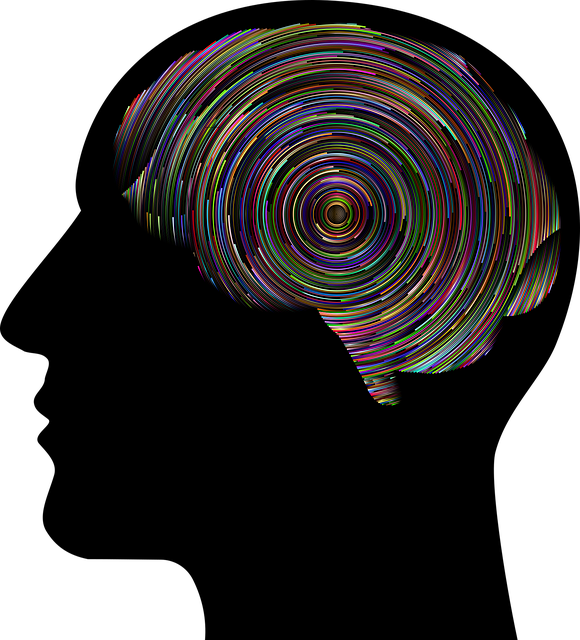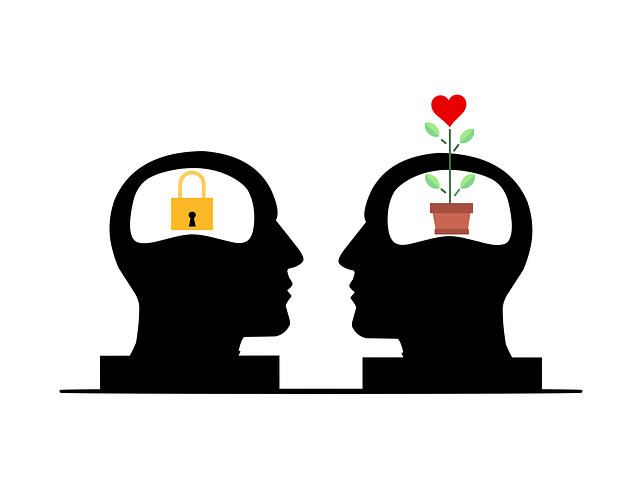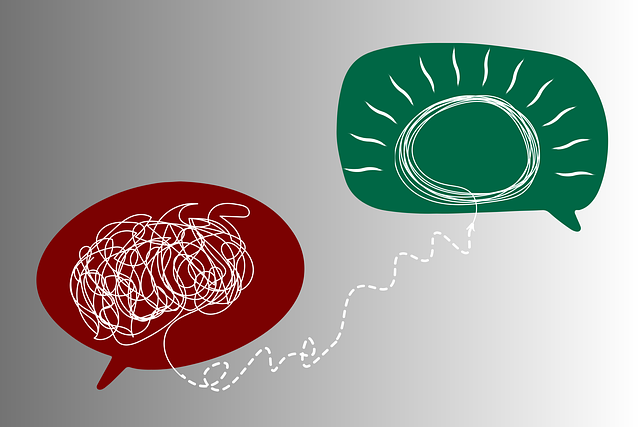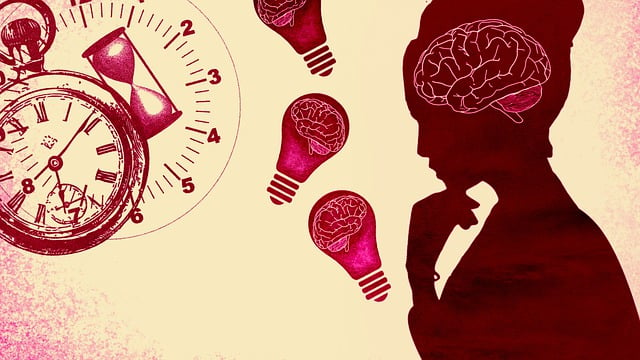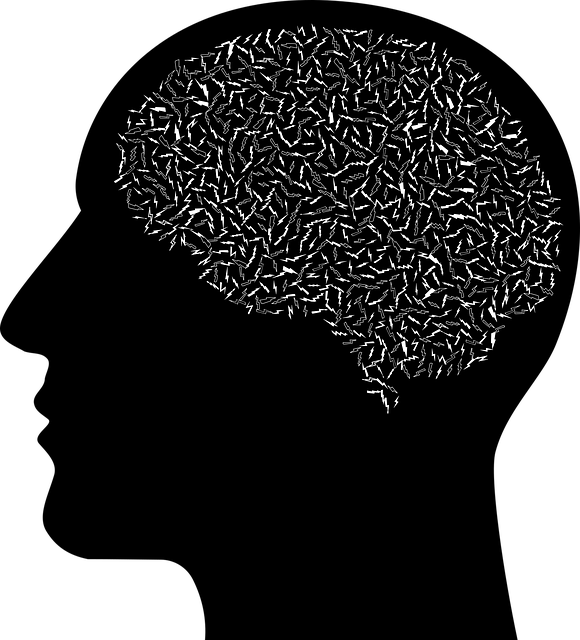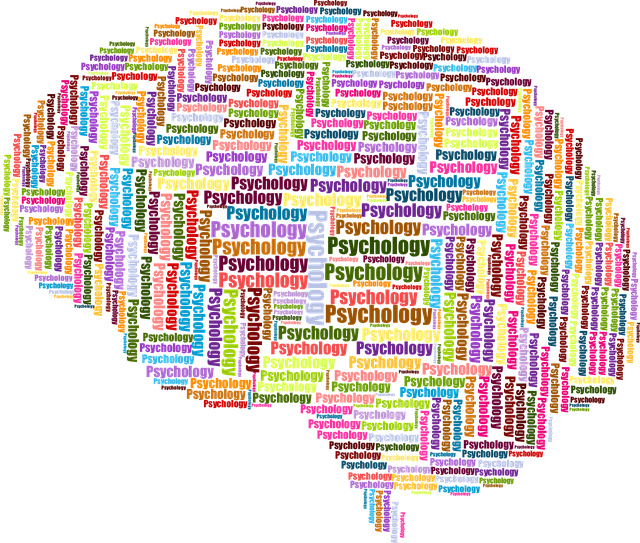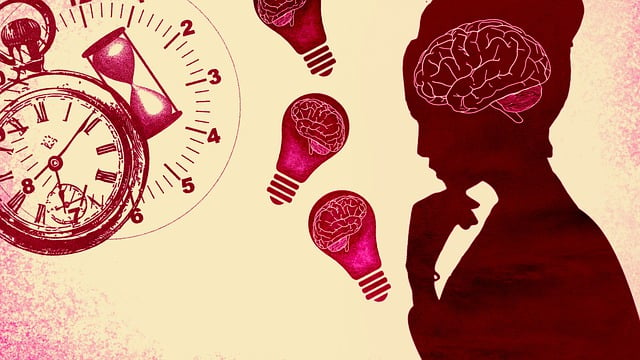Mental wellness coaching offers a holistic approach to adult mental health, empowering individuals through one-on-one or group sessions to explore thoughts, emotions, and behaviors. Certified coaches utilize evidence-based techniques like EMDR for trauma processing and mindfulness practices from the Mental Wellness Podcast Series. This personalized approach combines eye movement desensitization and reprocessing (EMDR) with emotional intelligence training to help adults manage anxiety, depression, and life challenges effectively. Success in therapy for adults is measured through a comprehensive evaluation system tracking behavioral changes, emotional responses, and cognitive shifts over time, showcasing improved mental wellness outcomes through data-driven strategies.
In today’s fast-paced world, mental wellness coaching programs are gaining prominence as a holistic approach to adult well-being. This article delves into the development of such programs, focusing on essential components like understanding mental wellness coaching and the integration of evidence-based techniques. We explore the power of EMDR (Eye Movement Desensitization and Reprocessing) in therapy for adults, effective coaching sessions, and measurement of success. By combining these strategies, mental wellness coaches can provide targeted support for adults seeking empowerment and personal growth.
- Understanding Mental Wellness Coaching: A Holistic Approach to Adult Well-being
- The Role of EMDR (Eye Movement Desensitization and Reprocessing) in Coaching Programs
- Designing Effective Coaching Sessions for Adults Seeking Therapy
- Integration of Evidence-Based Techniques: Enhancing Coaching Interventions
- Measuring Success: Evaluation and Tracking Progress in Mental Wellness Coaching
Understanding Mental Wellness Coaching: A Holistic Approach to Adult Well-being

Mental wellness coaching is a holistic approach designed to support adults in achieving optimal well-being. Unlike traditional therapy that often focuses on treating specific mental health conditions, wellness coaching targets overall mental and emotional health, promoting resilience and self-care practices. Through one-on-one sessions or group settings, coaches guide individuals in exploring their thoughts, emotions, and behaviors to gain deeper insights into what fosters their sense of calm, purpose, and fulfillment.
This approach leverages various evidence-based techniques, such as EMDR (Eye Movement Desensitization and Reprocessing), to help clients process traumatic memories and reduce symptoms associated with anxiety and depression. By integrating these strategies into a supportive environment, mental wellness coaching empowers adults to develop coping mechanisms tailored to their unique needs. Additionally, coaches often incorporate confidence-boosting exercises and mindfulness practices from the popular Mental Wellness Podcast Series Production, enabling individuals to navigate life’s challenges with greater equanimity and self-assurance.
The Role of EMDR (Eye Movement Desensitization and Reprocessing) in Coaching Programs

EMDR (Eye Movement Desensitization and Reprocessing) has emerged as a powerful tool in mental wellness coaching programs, particularly for adults seeking therapy. This therapeutic approach facilitates the resolution of distressing memories or beliefs by helping clients reprocess them. By combining guided eye movements with recall of traumatic or challenging experiences, EMDR allows individuals to reduce the intensity of associated emotions and negative beliefs, promoting healing and growth.
Incorporating EMDR into coaching programs caters to the growing need for effective stress management and self-care practices among healthcare providers. The cultural competency training aspect of EMDR is crucial in addressing diverse client populations, ensuring inclusive support. By utilizing this therapy, coaches can assist clients in overcoming past traumas, improving their ability to cope with stressors, and enhancing overall mental wellness.
Designing Effective Coaching Sessions for Adults Seeking Therapy

Designing effective coaching sessions for adults seeking therapy requires a tailored approach that addresses their unique needs and challenges. For individuals exploring therapy for adults with EMDR certification, the focus should be on creating a safe and supportive environment to facilitate emotional processing and healing. Each session can be structured to include components like mood management techniques, promoting emotional intelligence, and teaching practical communication strategies.
These sessions aim to empower clients with tools to regulate their emotions, understand their triggers, and communicate effectively in relationships. By integrating evidence-based practices such as EMDR alongside traditional therapy techniques, coaches can help adults navigate complex emotional landscapes, leading to improved mental wellness outcomes.
Integration of Evidence-Based Techniques: Enhancing Coaching Interventions

The integration of evidence-based techniques is revolutionizing mental wellness coaching programs. Among these techniques, Eye Movement Desensitization and Reprocessing (EMDR) stands out as a powerful tool for adults seeking therapy. EMDR Certified coaches employ this approach to help clients process traumatic memories and reduce the intensity of associated emotions, ultimately enhancing their ability to manage mood swings effectively.
Furthermore, emotional intelligence and conflict resolution techniques play a pivotal role in coaching interventions. By teaching clients to recognize and understand their emotions, as well as navigate interpersonal conflicts constructively, coaches empower them to cultivate resilience and improve overall emotional wellness. This holistic approach ensures that mental wellness programs are not just reactive but proactive, fostering lasting positive change.
Measuring Success: Evaluation and Tracking Progress in Mental Wellness Coaching

Measuring success in mental wellness coaching is a multifaceted process that goes beyond mere satisfaction surveys. It involves a comprehensive evaluation system tailored to assess the progress and well-being of each client. Therapists utilizing EMDR (Eye Movement Desensitization and Reprocessing) techniques, designed for adults seeking therapy, play a pivotal role in this assessment by tracking specific behavioral changes, emotional responses, and cognitive shifts over time. Regular check-ins and structured assessments allow coaches to identify areas where clients might benefit from additional support or adjustments in their coaching strategies.
By incorporating metrics that quantify improvements in self-care routine development for better mental health, therapists gain valuable insights into the effectiveness of coaching interventions. This data-driven approach facilitates continuous improvement, enabling them to adapt their methods and cater to the unique needs of each individual. Moreover, evaluating progress through public awareness campaigns development can further underscore the impact of coaching programs by showcasing improved mental wellness outcomes on a larger scale.
Mental wellness coaching programs, enriched by evidence-based techniques like EMDR and tailored to meet the unique needs of adults seeking therapy, offer a promising holistic approach to enhancing well-being. By integrating effective coaching sessions and ongoing evaluation, these programs empower individuals to navigate their mental health journeys with greater resilience and clarity. For those in need of professional support, EMDR-certified coaches provide a valuable resource for achieving lasting positive changes.
